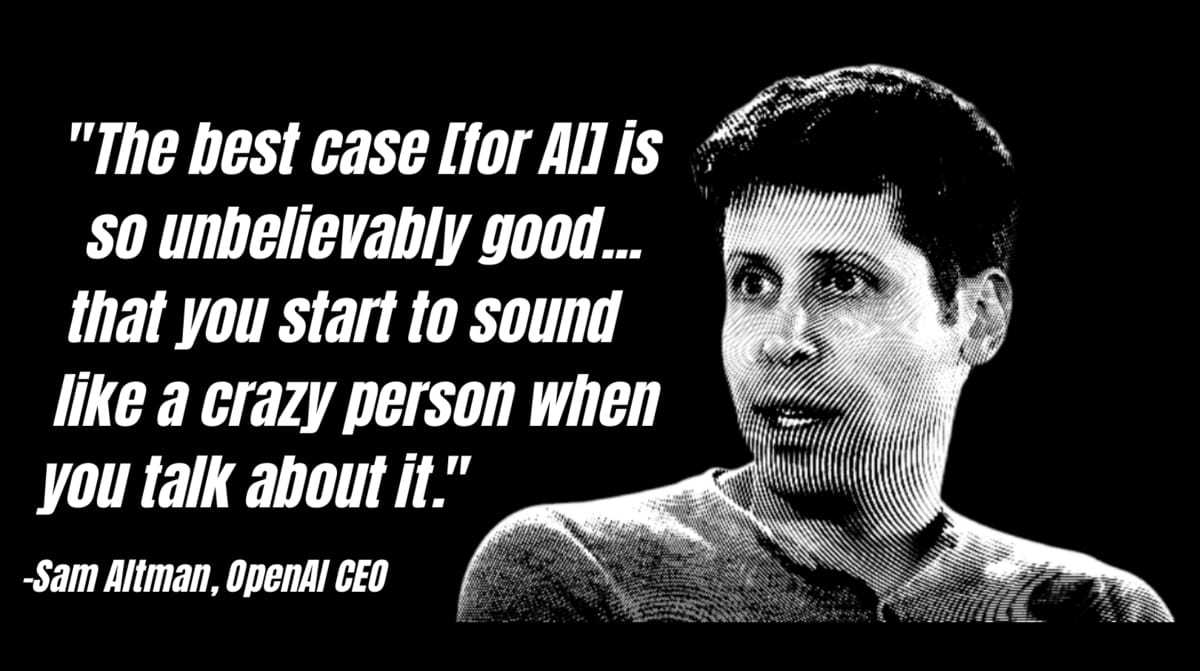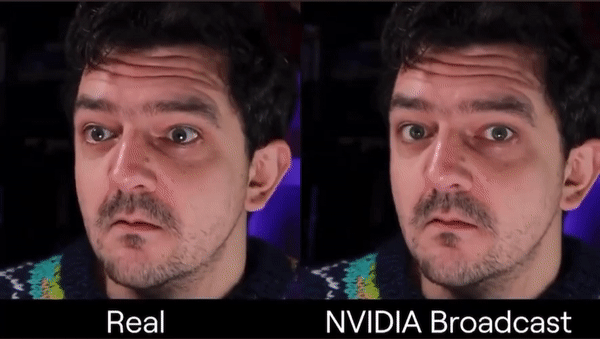"Think about what it's like when we make more progress discovering new knowledge than humanity has done so far in one year instead of 70,000." - Sam Altman, OpenAI CEO
Important! AI Breakfast is planning a February meetup in Denver!
In today's email:
The Value of ChatGPT Pro Plan
New "Conversational" Search Engines
Berkeley’s experimental text-to-video
Edit images with only text prompts
Notable scientific paper of the week
Getting the most out of ChatGPT - the megalist of complex prompts

Sam speaking at StrictlyVC conference
ChatGPT Pro
On Saturday morning, OpenAI began to roll out a paid option for ChatGPT.
For $42/mo, users will have access even when demand is high, faster response speed, and priority access to new features.
The upgrade option may not display on all user's accounts - it appears that it is being prioritized by high-volume users and those who joined the waitlist early.
🎥 Here's a demo video of ChatGPT Pro from Zahid Khawaja showing the difference in speed.

OpenAI is slowly offering users a paid option
The response from many was that the price was too high, though OpenAI is still allowing users to access the free version. However, downtimes still limit its use.
A few weeks ago, we ran a test poll on Twitter to gauge interest in what the appropriate price would be for an "unrestricted" version of ChatGPT. Though the "Pro" plan is not "unrestricted" in terms of censorship, $49/mo seemed to be the threshold for 50% of voters:

Speculation: Why $42?

"$42" may seem random, but the number 42 is also a reference to The Hitchhiker's Guide to the Galaxy, which the OpenAI CEO is a noted fan of.
In the book, the number 42 is the "Answer to the Ultimate Question of Life, the Universe, and Everything, calculated by an enormous supercomputer named Deep Thought over a period of 7.5 million years. Unfortunately, no one knows what the question is."

Altman trolling GPT-4 rumors on Twitter
Or, classic meme pricing of '420' could have influenced the decision.
New "Conversational" Search Engines
AI Chatbots could reduce the amount of organic internet traffic when answers to searches are generated instead of linked. ChatGPT currently does not have the ability to cite its sources, however that may change as a few companies are experimenting with citation-based generative search.
The upcoming Bing/ChatGPT integration could look something like perplexity.ai or you.com. These allow for "conversational" AI search queries on the web, even allowing follow-up questions that "call back" the original search input, without needing to restate the original question. Both of these services cite sources for their responses.
More cool AI tools like these can be found in @mreflow's futuretools.io newsletter:
Berkeley PhD Students release an open Text-to-Video model
Paras Jain and Ajay Jain from UC Berkeley have released a text-(or image)-to-video demo called Genmo, where users can animate images via text prompting. This project is "in the works" but we like to highlight the work of students in the field of AI.
Text-to-video will be significantly more challenging to develop than text-to-image, but the next few years could change the way we produce entertainment. Given the rate of development, it's possible that on-demand movies could be generated from simple prompts by 2030.
Image editing may become entirely text-based
OpenAI developer Tim Brooks released a model called pix2pix for image editing that uses only text-based editing instructions, and has made the demo available for users to try.
Tools like this are a glimpse into how specialized software could evolve. It's entirely possible that software tools (from Photoshop to AutoCad) shift towards a text-prompting interface compared to the traditional tool-based interface. Shortening the hurdle from learning toolsets to describing with text what the user would like to accomplish would vastly increase the addressable market.
NVIDIA Software Creates Eye Contact
NVIDIA Broadcast 1.4 uses machine learning to move the eyes of the speaker to simulate eye contact with the camera — achieved by estimating and aligning gaze. The eyes retain their natural color and blinks, and there’s even a disconnect feature in case you look too far away, to transition smoothly between simulated and real eyes.
Expect to see this used by YouTubers, news broadcasters, on Zoom meetings, and job interviews.
Notable Scientific Paper of the Week
How Close is ChatGPT to Human Experts? Comparison Corpus, Evaluation, and Detection - In the past few months, ChatGPT has passed the SAT, BAR exam, Medical Licensing boards, and scored above average on IQ tests.
In this study, the researchers compared ChatGPT's answers to those of human experts on a variety of topics like finance, medicine, and psychology.
Utilizing ChatGPT to it's fullest extent

Check out this thread that shows how to make the most out of ChatGPT with over 100 complex prompts.
That's a wrap!
If you're one of the 1,000+ new subscribers this week, thank you for reading. Please reply to this email with any new projects that you find interesting, or send us a DM on Twitter. Thanks for reading 🙏

Cartoonist in 1923 predicts the future in 2023






